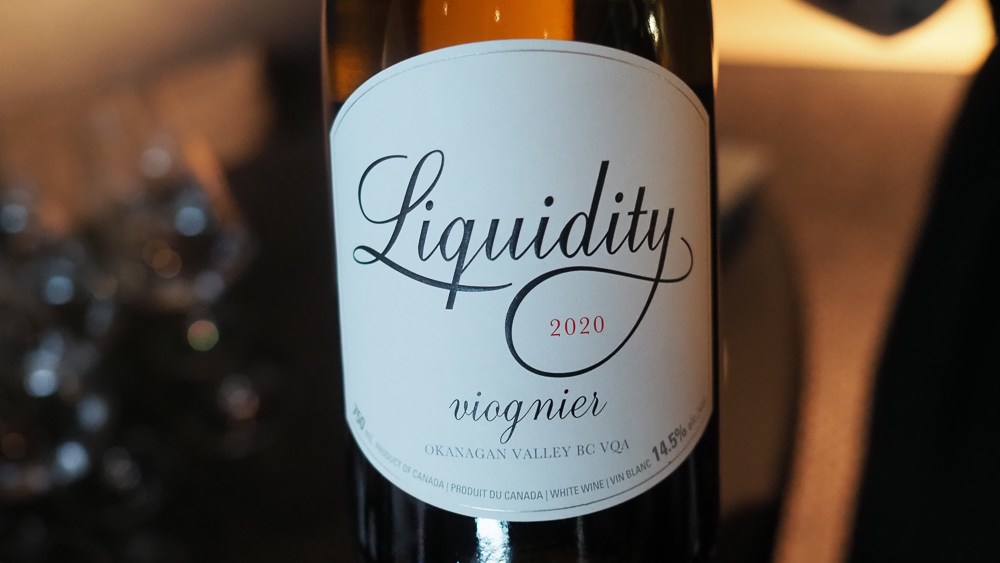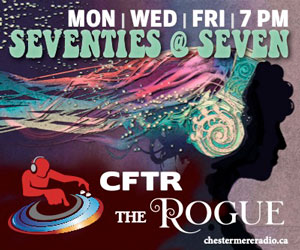We live in interesting times, gentle reader. Like many of you, my first foray into the world of boozing was a frosty bottle of Molson Canadian, that iconic brew that makes up a good chunk of our national identity.
Indeed, the only way that a pint of Molson beer could be more Canadian is if it was being guzzled by a touque-wearing beaver, while chewing on a hockey stick, and washing it down with maple syrup.
At least that is the picture those slick marketing types would have you believe, but the truth is that Molson hasn’t really been Canadian for a long time.
The Molson Brewery was founded in 1786 by John Molson, who set up shop on the edge of the St. Lawrence River in Montreal. Canada only became a country in 1867, making Molson not only the oldest brewery in Canada, but also the oldest brewery in North America.
The Molson Brewery grew from its humble beginnings in Montreal to span our great nation, with operations as far east as St. John’s, and as far west as Vancouver. Everything was going swimmingly for the first few hundred years, but then the spectre of globalization began to loom over Molson at the turn of the millennium.
In 2005, Molson merged with Coors to form the Molson Coors Brewing Company, becoming the 7th-largest brewer in the world. A year later, the Brazilian operations were then sold off to FEMSA, makers of light Mexican beers such as Dos Equis, Sol, and Tecate. To further muddy the waters, FEMSA sold off their beer business to Heineken a few years later.
While all these beer brands were changing hands, the giant SABMiller brewery, itself the product of a merger between South African Breweries and Miller, decided to join forces with Molson Coors. Are you confused yet?
So, this new mega-mega-mega-mega brewer was formed out of the ashes of South African Breweries, Miller, Molson, and Coors. The new joint venture was called Miller Coors. At this point, there really isn’t much Canadian ownership left in Molson Canadian.
To make it even more confusing, SABMiller was acquired by Anheuser-Busch Inbev about a year ago. Not sure who AB Inbev are? They are the result of a merger between Anheuser-Busch (makers of Budweiser) and Belgium-based Interbrew.
After all these mergers, the global headquarters for AB Inbev is in Belgium. This conglomerate owns hundreds of different beer brands, and commands 25% of the global beer market. In fact, if you are drinking a beer right now, there is a pretty good chance that AB Inbev made it. Yes, that includes Molson Canadian, as well as other popular brands like Budweiser, Corona, Stella Artois, Becks, and countless others.
Lest you think that Labatt Blue is somehow more Canadian than Molson, think again. Labatt was acquired by Interbrew in 1995, which was acquired by Inbev in 2004, which merged with Anheuser-Busch in 2008. In other words, despite Molson and Labatt being fierce rivals in our domestic booze market, big chunks of their ownership can be traced back to the same multinational conglomerate.
Fortunately, there is a silver lining in this dark cloud of mega-mergers. To avoid antitrust issues, SABMiller is being forced to divest itself of its interest in Miller Coors. In other words, the Molson Coors folks are buying out SABMiller’s $12 billion stake in Miller Coors, leaving Molson and Coors to jointly market their products in the North American market. In a cross-border display of harmony, Molson Coors is jointly headquartered in Montreal and Denver.
What does this mean to you, the attentive reader and frequent beer drinker? Truth be told, probably not that much. If you drink megabrews like Molson Canadian or Coors Lite, you will still find them on the shelves.
If, like your unrepentant beer snob of a humble narrator, you drink locally produced craft beers, this merger will matter even less to you, as you will be too busy quaffing palate-puzzling pints poured by bearded dudes with ironic tshirts to worry about how one brand of fizzy yellow water is now owned by a different megabrewer.
Lest you think that your favourite local brewer could never sell out in such a fashion, it has already happened to long-time craft brewers like Granville Island Brewing and Creemore Springs, now both owned by Molson. Help support small businesses by drinking a local craft beer!







That is why we should be supporting Moosehead…Canada’s Oldest Independent Brewery. No foreign ownership hidden for the Moose.